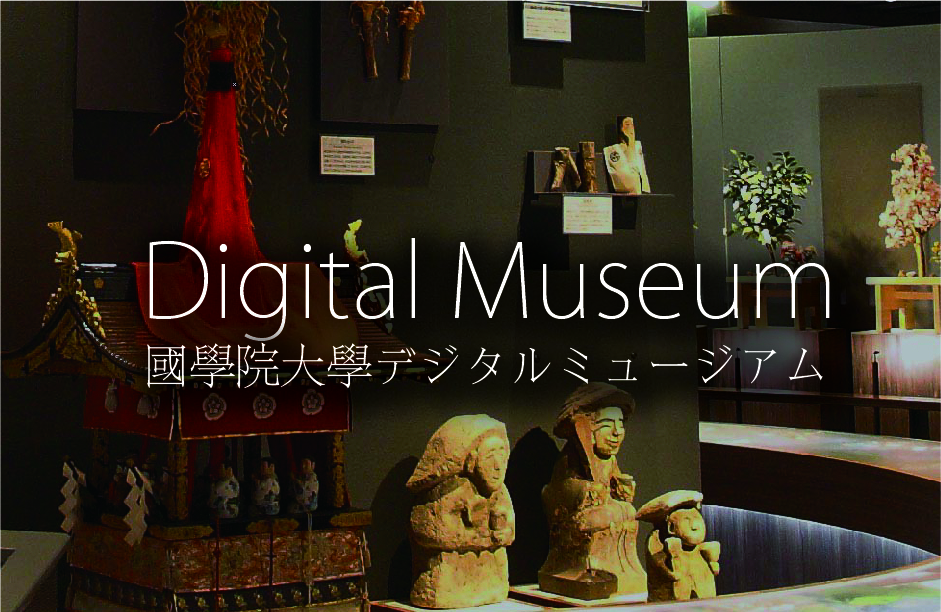- トップ
- Encyclopedia of Shinto
- Amatsukami, Kunitsukami
Encyclopedia of Shinto
| Main Menu: | |
| Links: |
詳細表示 (Complete Article)
| カテゴリー1: | 2. Kami (Deities) |
|---|---|
| カテゴリー2: | Concepts of Kami |
| Title | Amatsukami, Kunitsukami |
| Text | "Kami of heaven," "kami of earth." In general, Amatsukami refers to kami residing in the Plain of High Heaven (Takamanohara), together with those that were born in Takamanohara but later descended to the land of Japan. Kunitsukami, on the other hand, generally refers to those kami native to the land of Japan, together with the spirits and powerful families who existed in Japan prior to the mythical "Descent of the Heavenly Grandchild" (tenson kōrin); on occasion, kunitsukami are also considered equivalent to the chthonic kami called chigi (see tenjinchigi). The meaning of the two expressions differs depending on the era and the materials in which they appear, and debate continues to revolve over attempt to achieve a comprehensive interpretation. The Kojiki discriminates five kami as existing in the heavens, namely Amenominakanushi no kami,Takamimusuhi no kami, Kamimusuhi no kami, Umashiashikabihikoji no kami, and Amenotokotachi no kami. These five it calls "separate kami of heaven" (kotoamatsukami). The first evidence of a clear demarcation in usage between the expressions amatsukami and kunitsukami appears in the legal commentary Ryō no gige, which states that the amatsukami include the deities of Ise, Kamo in Yamashiro, Sumiyoshi (in present-day Ōsaka), and the kami served by the Izumo no Kuni no Miyatsuko [the provincial governor of Izumo]. The kunitsukami are said to include deities of Ōmiwa, Ōyamato, Kamo in Katsuragi, and Ōnamuchi no kami. Within the Heian-period Shinsenshōjiroku, those great families who submitted to the "heavenly grandchild" (Ninigi no mikoto) are called heavenly kami (tenjin), while the great families who were descendants of Ōkuninushi no kami and Watatsumitoyotamahiko no kami are called "terrestrial kami" (chigi). Ichijō Kanera's Nihon shoki sanso claims that heavenly kami are those which appear at the first of the Nihongi's "divine age" chapters, while earthly kami are those that appear later. In his Kojikiden, Motoori Norinaga criticized Ichijō's theory, countering that heavenly kami are "kami that dwell in heaven, or kami that descend from heaven," while earthly kami are "kami that were born in this land." See also tenjin chigi. -Endō Jun |




